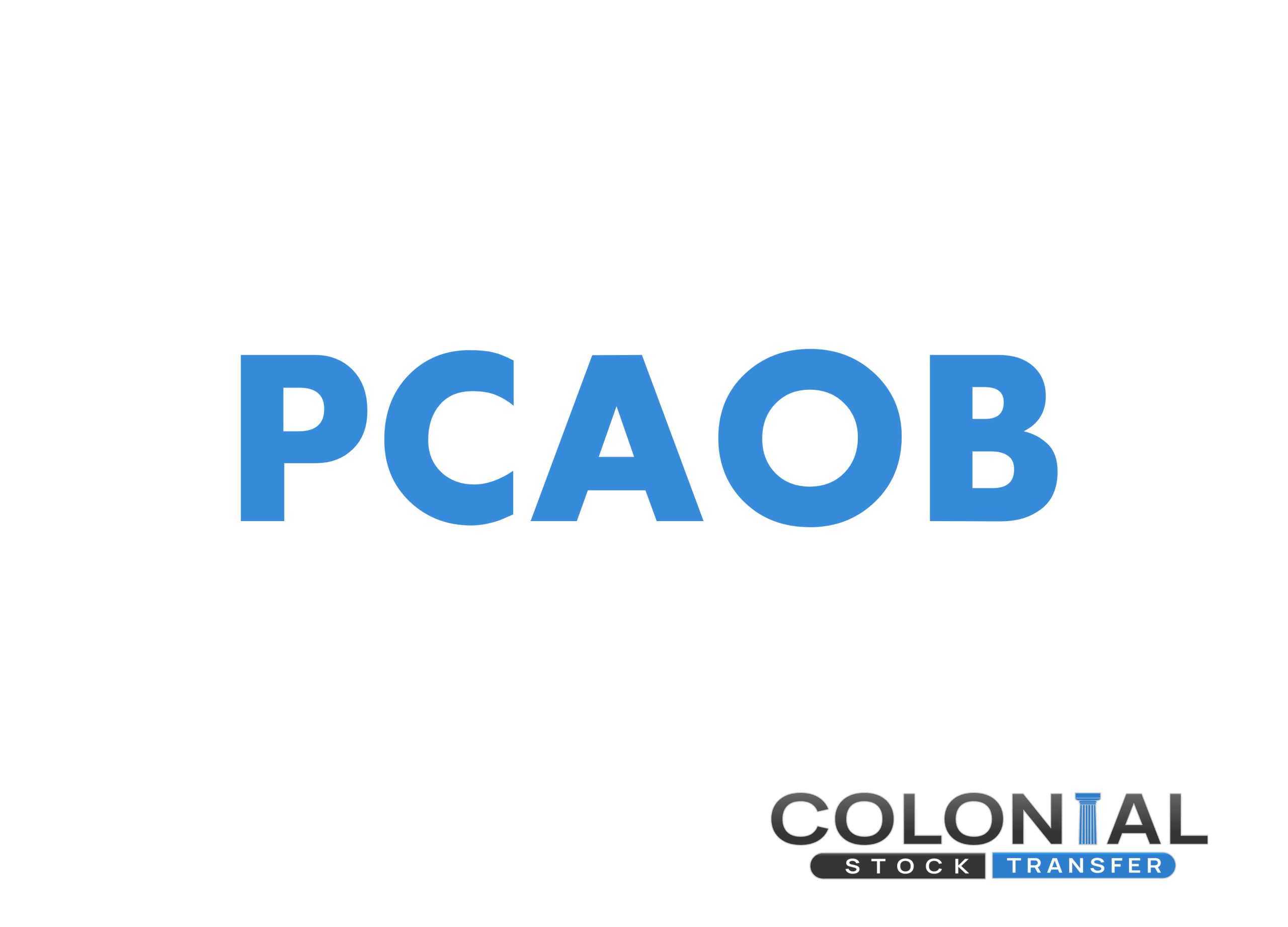
Recently, the Holding Foreign Companies Accountable Act (HFCA) was officially adopted. This act will require both the PCAOB and SEC to adopt procedures and rules that officially implement the provisions included in the HFCA. The HFCA requires all foreign-owned issuers to certify that the PCAOB has been able to audit reports during the last few years. If the PCAOB is unable to inspect that organization’s public accounting firm for three consecutive years, then that company’s securities will be banned from trading on a national exchange.
PCAOB Rule 6100
The SEC has officially approved PCAOB Rule 6100. This rule establishes a framework within which the PCAOB can determine whether it could (or could not) investigate public accounting firms in foreign jurisdictions. In the past, accounting firms in foreign jurisdictions have taken a position that the PCAOB does not have the authority to investigate them. Now, the SEC has finalized rules that implement the submission and disclosure requirements in accordance with the HFCA. The SEC has published a sample letter that directly addresses companies based in China that might be forced to comply with the new regulations. The SEC has also begun notifying specific companies that could be subject to this new regulation.
As a result of the change, some companies based in China have been delisted from U.S. stock exchanges. One example was Didi Global, which had an IPO worth approximately $4.4 billion shortly before delisting. Because of the confusion, this created, the PCAOB and the China Securities Regulatory Commission and Ministry of Finance reached a deal that would allow the PCAOB to inspect public accounting firms headquartered in China and Hong Kong.
A Significant Amount of Skepticism Still Remains
Even though a tentative deal is in place, there is still a tremendous amount of skepticism regarding whether the implementation and practice will be enough to satisfy the Sarbanes-Oxley Act of 2002, along with numerous other PCAOB standards. Furthermore, the chair of the PCAOB, Erica Williams, reiterated that skepticism. Even though the document appears to meet all of the standards when printed on paper, it remains to be seen precisely how those standards are going to be implemented. If the standards are not implemented in accordance with the PCAOB’s demands, then more changes could be made.
Even the chair of the SEC, Gary Gensler, had the same concerns. He stated, “This agreement will be meaningful only if the PCAOB actually can inspect and investigate completely audit firms in China. If the PCAOB cannot, roughly 200 Chinese-based issuers will face prohibitions on trading of their securities in the U.S. if they continue to use those audit firms.”
How the PCAOB will Carryout This Rule Change
The following conditions are included in the PCAOB statement:
- The PCAOB has the complete liberty to select firms, audit engagements, and potential violations that it decides to review. It does not require any permission, consultation, or input from authorities based in China.
- Procedures have been put in place for auditors and investigators to quickly review all relevant information and documentation to ensure appropriate standards are being met.
- The PCAOB has the ability to interview and take relevant testimony from all personnel the PCAOB deems relevant to the investigation.
It remains to be seen exactly how this will be carried out in practice. While it sounds appropriate, it may be a bit more challenging to implement when it is time to do so. Companies need to minimize their chances of being audited by complying with all relevant rules and regulations.
At Colonial Stock Transfer, through our transfer agent services, we work with public companies on every exchange, including a host of private companies.



